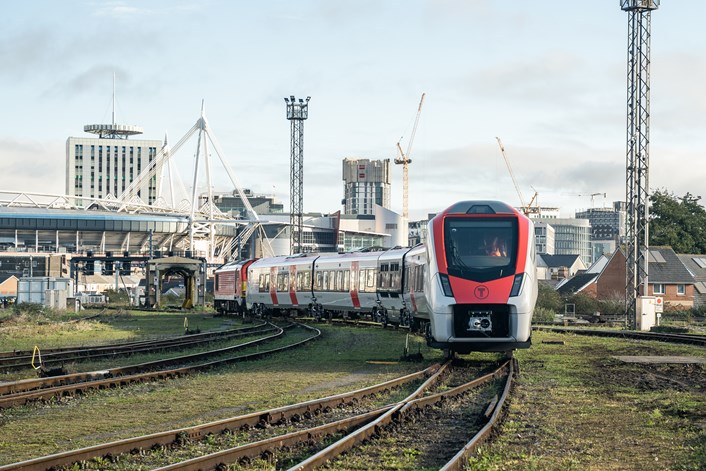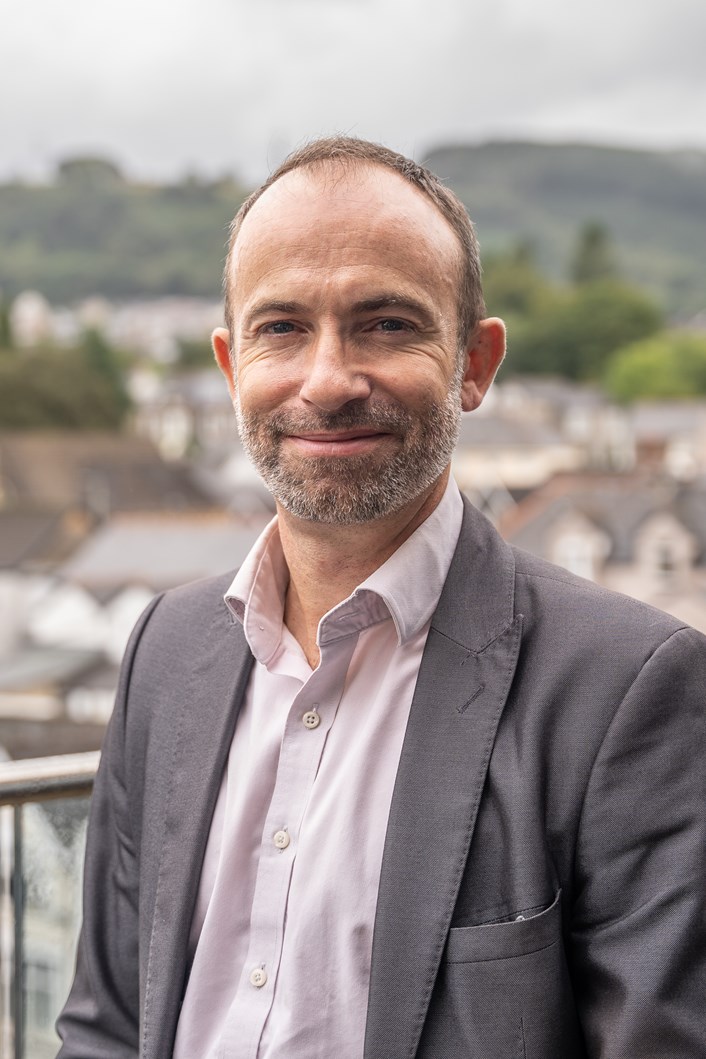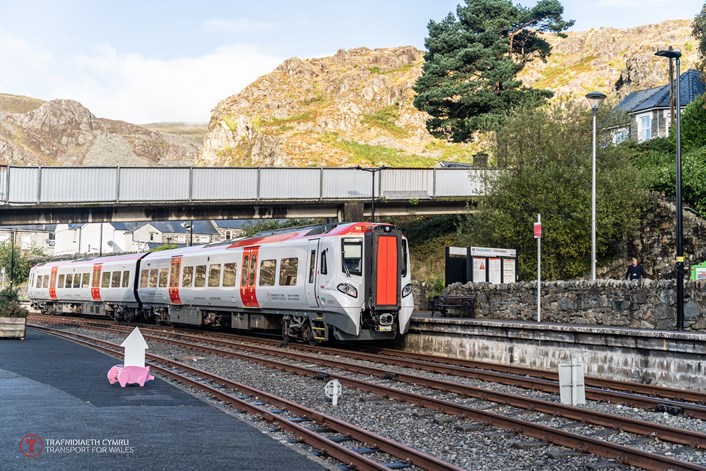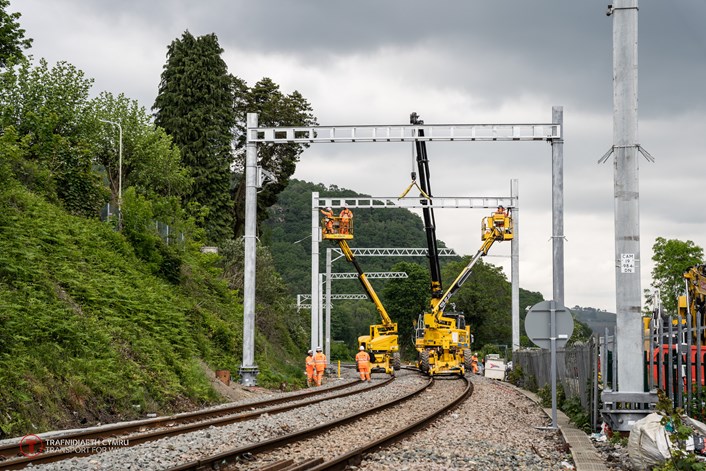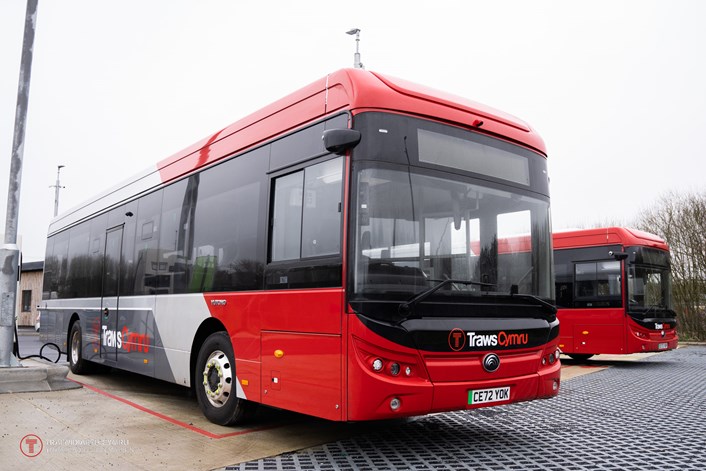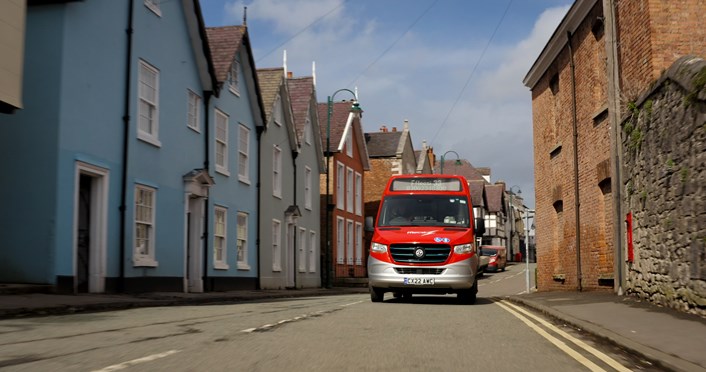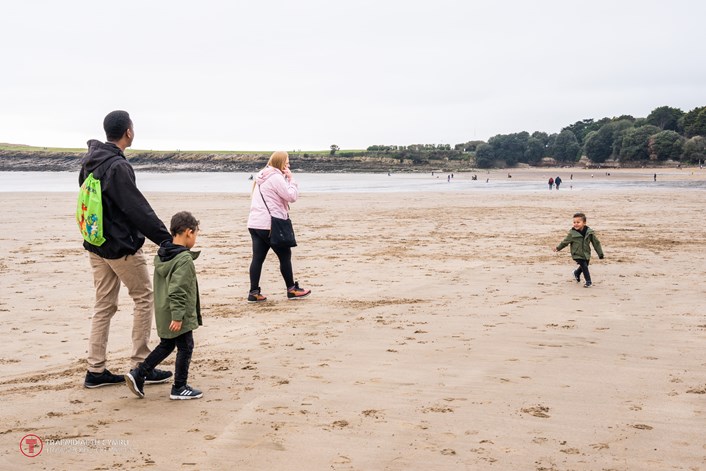16 Jun 2023
This week, across the UK we’re proud to be taking part in Better Transport Week – a week-long celebration of sustainable transport with a focus on different themes each day.
We are all well-aware of the challenges facing society in relation to the climate emergency and the responsibility that now sits with us all to protect and sustain our planet for future generations. It is also evident that transport plays a very important role in helping provide solutions, so we can progress into a much greener and sustainable future.
Transport for Wales is a not-for-profit organisation that is wholly owned by the Welsh Government. Our remit continues to expand and evolve, and although there are many complexities related to what we’re doing and how we’re doing it, our ‘why’ remains quite simple.
Wales needs better transport options. To tackle climate change, we need fewer people travelling by car. To improve our economy, we need reliable public transport in rural and urban communities. To change travel behaviour, we need cycling, walking and wheeling to be easier.
To encourage more people to use public transport we need to be able to compete with the private car and this means improving our offering. We’ve already started to do this through investing £800 million into brand-new trains and we’ve introduced three new types of train to our network this year. Improving capacity, resilience across our network and transforming the customer experience, we hope that these trains will start to provide a competitive alternative to the private car.
However, we’re fully aware that we’re only at the start of our transformational journey and it will take another 18 months before we’ve totally transformed the train offering on our network and it’s at that point that we can really start making big adjustments to train timetables and provide a ‘turn up and go’ style service, particularly for our Metros.
The South Wales Metro is our flagship project and since purchasing the railway from Network Rail in March 2020, we’ve been implementing a billion-pound infrastructure transformation that includes installing overhead electrification lines and revamping an 18th century railway. There have been many challenging obstacles such as a global pandemic and the Ukraine war impacting our supply chain.
However, we’ve continued to move forward and this month we were able to successfully electrify part of the South Wales Metro line and we’re now testing our light rail tram-trains on the route. This is an exciting milestone on our journey to a more sustainable transport network. These vehicles will be the first light rail vehicles in Wales and will be able to run on both rail and tram lines, operating on electrical lines and battery power.
The bus industry is facing ongoing challenges and we recognise how important buses are in creating a fully integrated transport network. We’re working with local authorities and bus operators across Wales to improve services.
Taking over the management of our national TrawsCymru network, and with further investment from the Welsh Government, we’ve been able to introduce 8 brand new electric buses on our T1 route between Aberystwyth and Carmarthen. We’ve also started to pilot integrated ticketing linking rail and bus. Our longer-term vision will be to extend our ‘one ticket’ offer that can used multi-modally across our whole network.
Fflecsi, our demand responsive bus service has continued to expand and we’re now running 11 schemes throughout Wales. We have schemes in Blaenau Gwent, Buckley, Carmarthenshire, Conwy, Denbigh, Holywell, Llŷn Peninsula, Pembrokeshire, Prestatyn, Rhondda Cynon Taf and Ruthin. Our Pembrokeshire fflecsi now covers almost the entire county and the zones in Ruthin, Denbigh and Buckley have expanded, which demonstrates how successful they’ve been.
In July last year, we also launched Sherpa’r Wyddfa, a revamped bus service in Eryri National Park that’s more connected and runs more frequently. Through working in partnership with Gwynedd County Council we’ve been able to really improve this service and create a viable alternative to the private car for tourists and locals, helping ease road congestion.
Active travel is the final part of the jigsaw in our plans to create a transport network that is integrated, multi-modal and sustainable. We want active travel (walking, wheeling and cycling) to be the preferred option for short, everyday journeys in Wales and we’re working collaboratively with the Welsh Government, local authorities and Sustrans Cymru to deliver active travel projects.
Through managing the Active Travel Fund programme on behalf of the Welsh Government, we’ve supported local authorities in delivering over 250 schemes and awarded £48.1 million in funding.
We’ve also led the review of the Active Travel Network Maps that have been developed by local authorities and we’re using our strategic knowledge of multimodal travel to enhance and strengthen proposals.
I’m proud of the progress that we’ve made at TfW, which at times has been under difficult and testing conditions. We’ve continued to move forward, deliver on our plans and established ourselves as the Welsh Government’s trusted partner in delivering transport projects and the relevant commitments in Llwybr Newydd: the Wales transport strategy 2021.
However, there is still a great deal to do and it’s important that I thank the people of Wales and the borders for their patience as we continue to transform public transport. In the short term, some of our infrastructure changes are disruptive. In the long term, measures such as electrifying tracks, building footbridges and expanding stations will provide sustainable travel and connect communities for generations to come.

